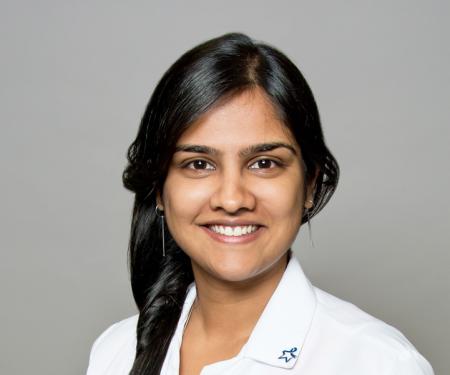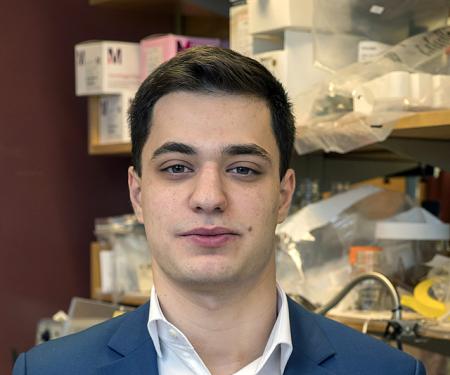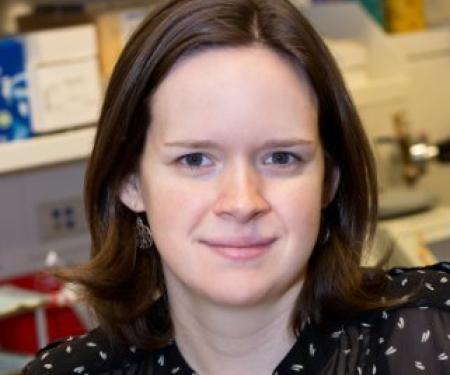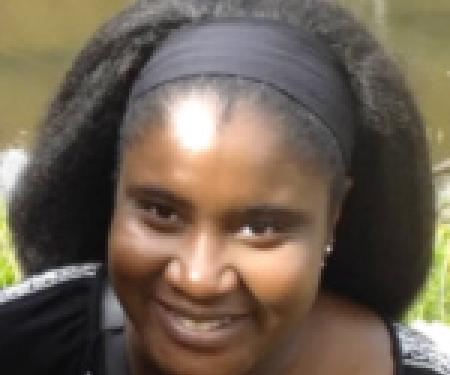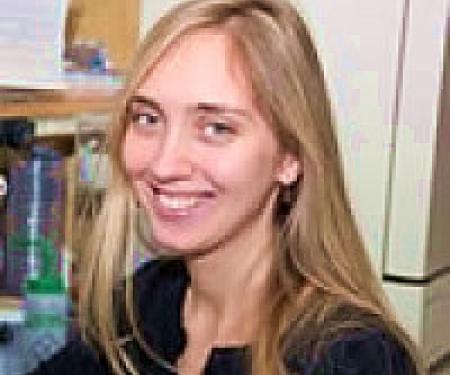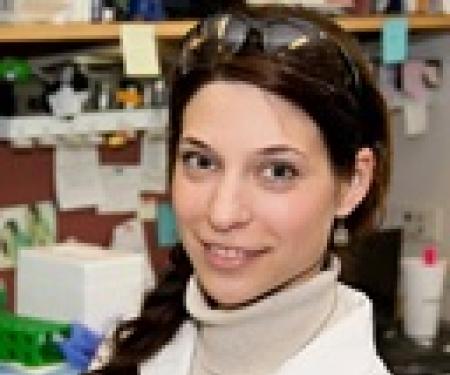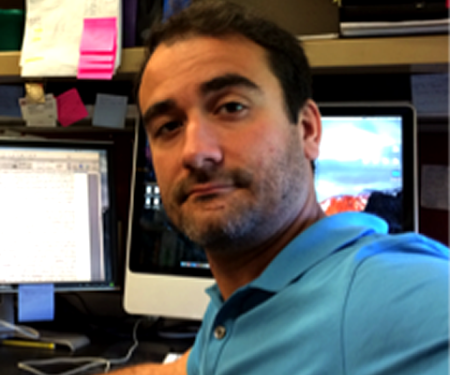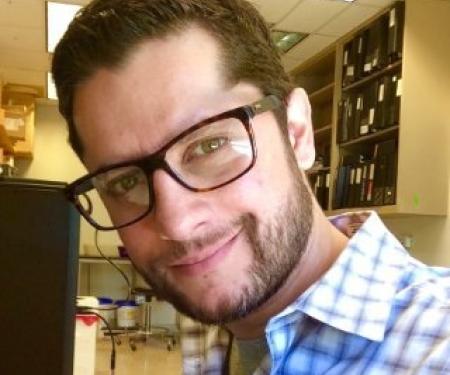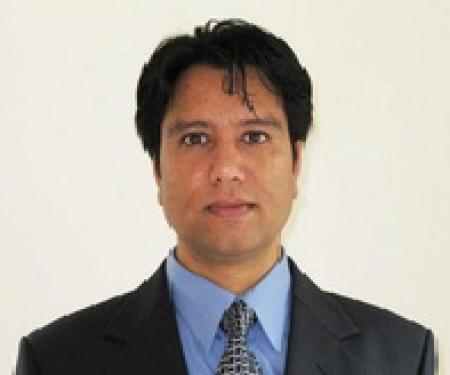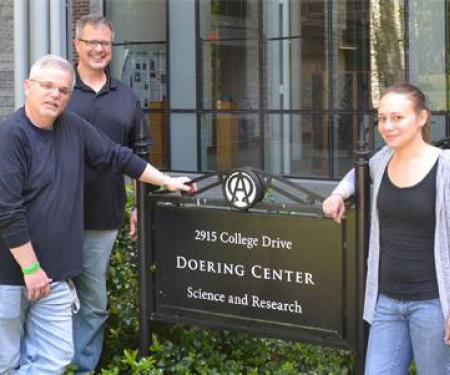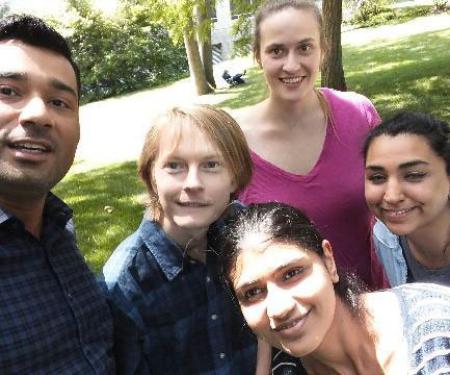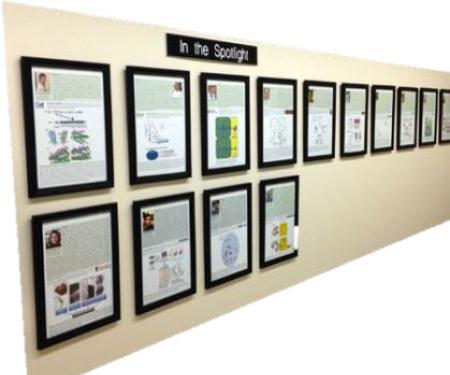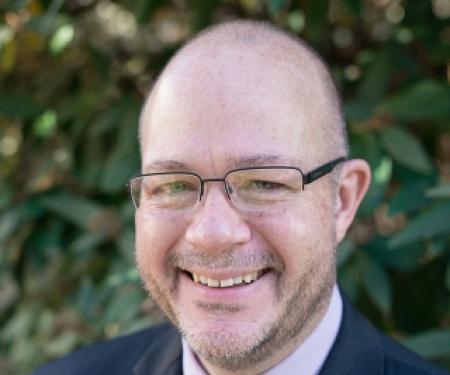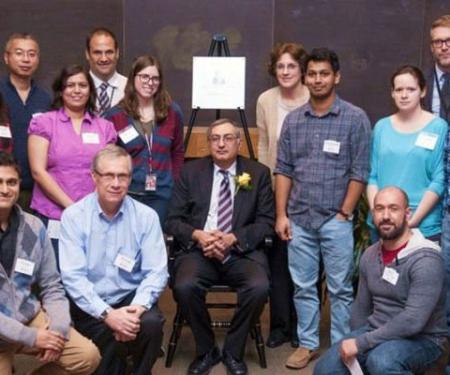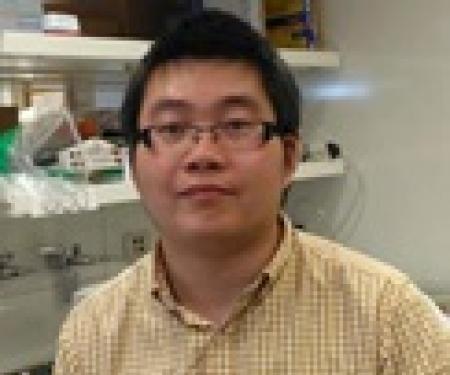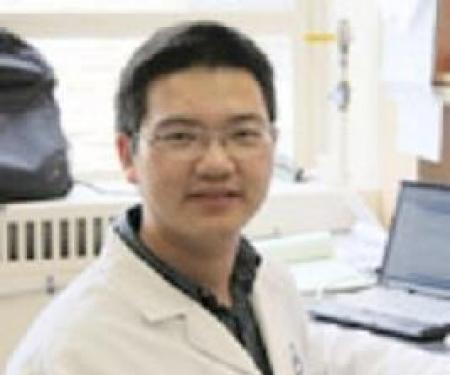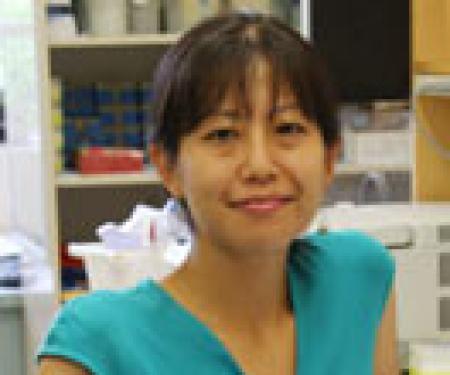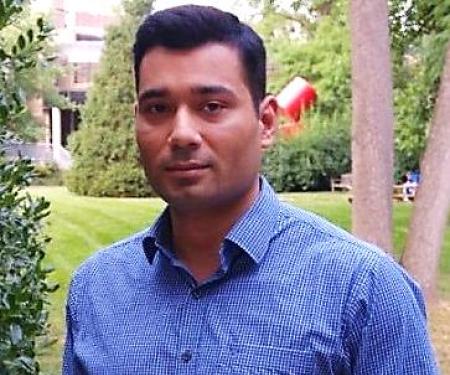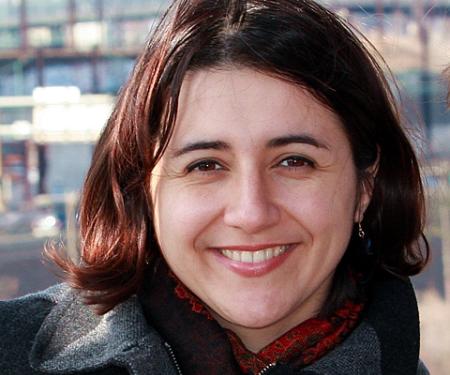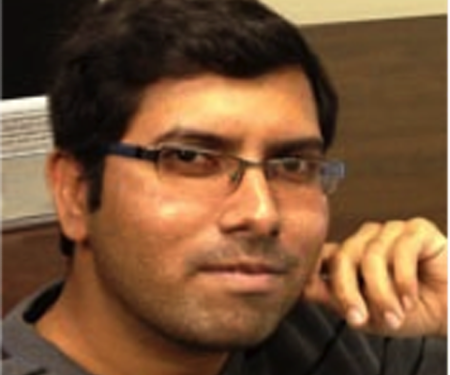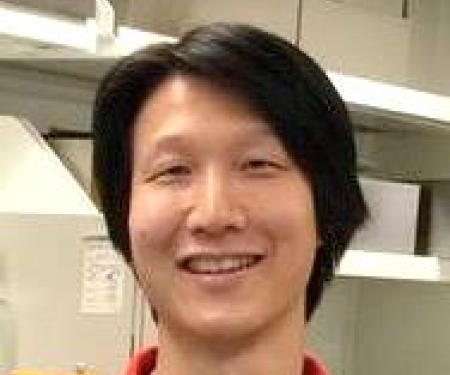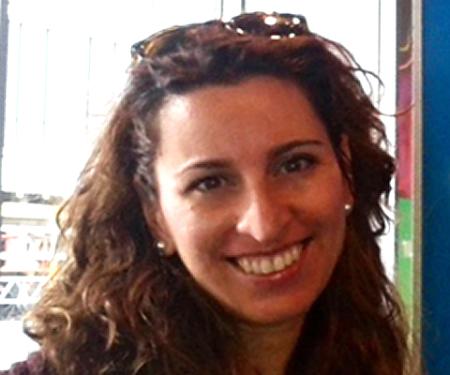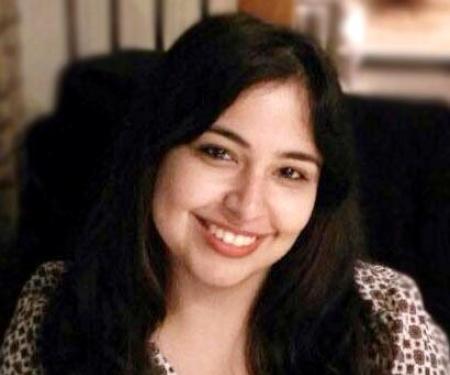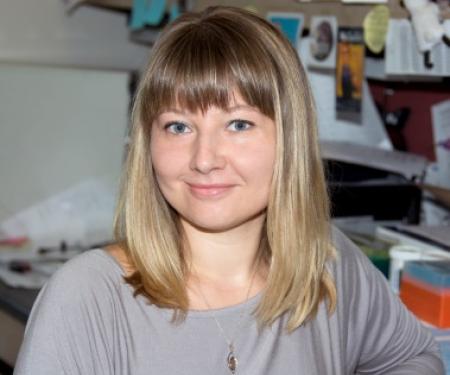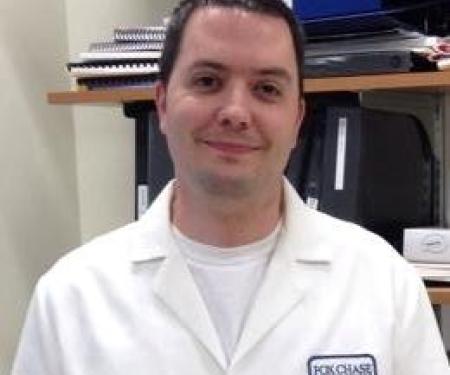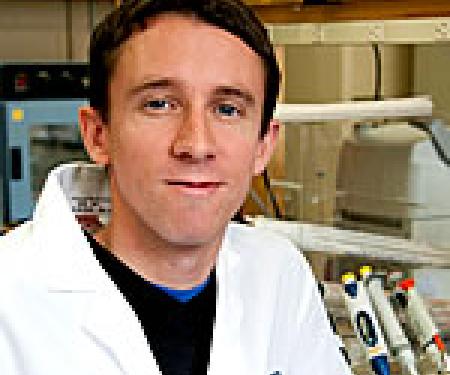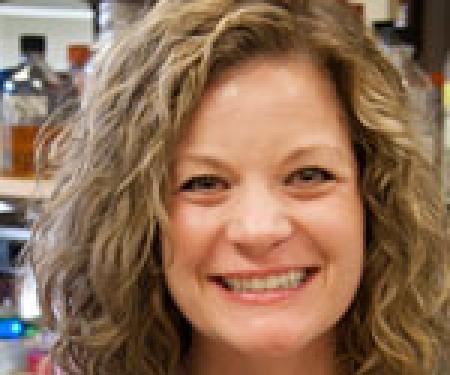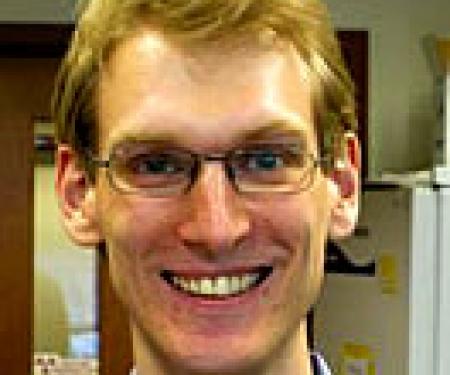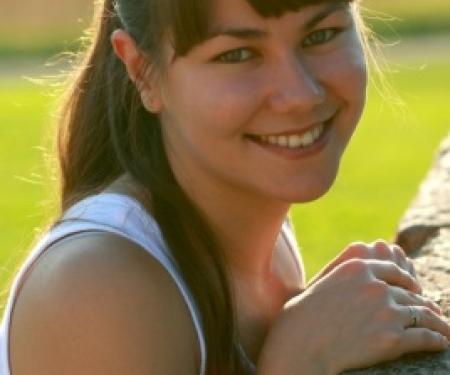Support the Postdoctoral Research Program
Training postdoctoral candidates to become the next generation of scientists is central to Fox Chase Cancer Center’s tradition of leadership in cancer research. The Center provides a host of valuable resources to enrich professional and personal lives and fosters an environment conducive to strong collaboration across all disciplines - accounting for its consistent acclaim as one of the best places for postdocs to work by The Scientist magazine. Thank you for helping to enrich the experience for future trainees!
Donate Today
Edward David Lustbader
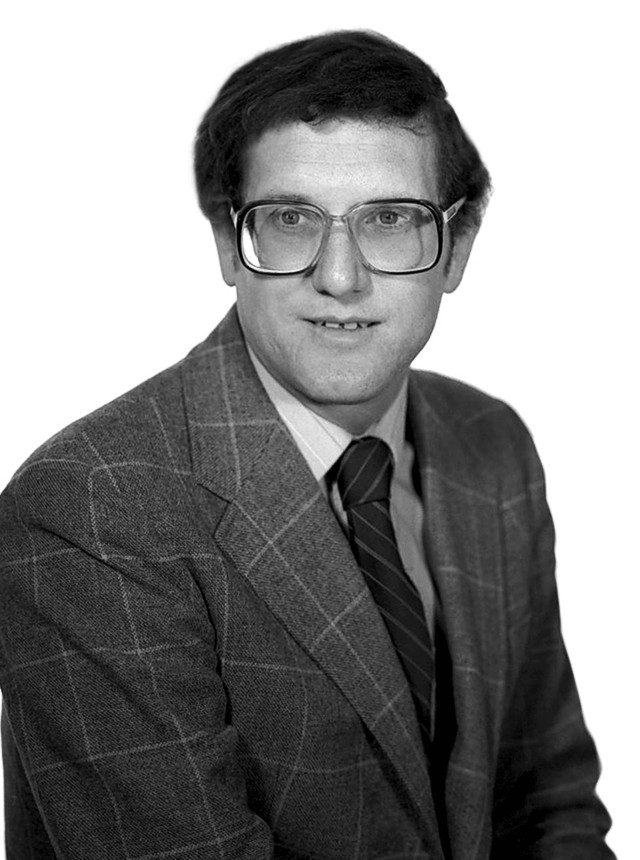
Edward David Lustbader was a biostatistician at Fox Chase Cancer Center where he was a member of the Nobel Prize winning research program that identified the hepatitis B virus and its role in liver cancer.
Dr. Lustbader joined the Fox Chase Cancer Center in 1972, where he later became a Member in the Division of Population Science. A researcher of international stature in biostatistics and genetic epidemiology, Dr. Lustbader’s work focused on the development and application of statistical methods used to understand the causes of cancer. He worked closely with Dr. Baruch Blumberg in identifying individuals at risk of developing the hepatitis B virus infection and, subsequently, primary liver cancer.
Dr. Lustbader also made seminal contributions to the understanding of the relationship between diet and cancer. Working with geneticist Alfred G. Knudson Jr., MD, PhD, Dr. Lustbader developed and applied statistical methods to determine the genetic basis of cancer.
Born in Baltimore, Maryland, Dr. Lustbader spent most of his professional life working in the Philadelphia area. After graduating from the Case Institute of Technology (now Case-Western Reserve University) in 1967, he came to the Delaware Valley to work for General Electric Company as a statistician and began graduate studies at the University of Pennsylvania. He received his MS degree from the Wharton School and his PhD in statistics from the University in 1972. He was the author or co-author of more than 100 scientific publications.
